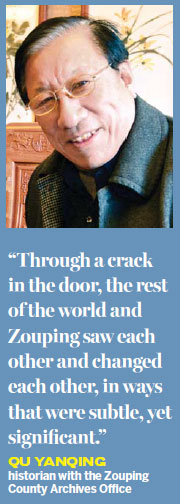Opening a window on rural China
Updated: 2016-03-11 08:08
By Zhao Xu and Zhao Ruixue(China Daily Europe)
|
|||||||||
A casual approach
Alitto's favorite method involved casual chats with interviewees, many in their 60s and 70s, as they sat on wooden stools in a sun-drenched front yard. "Initially, I asked each of them a list of questions, as I would have done in the US, and they all balked," he says. "Then I sat down and started talking about my own childhood, the things that I ate and the games that I played. Gradually they unwound."
Alitto's communication skills allowed him to broach sensitive topics. "I wanted to know more about the Great Famine between 1959 and 1961, but given the sensitivity of the issue few people spoke freely about it. So I mentioned not the Great Famine, but a locust plague that had ravaged Zouping in the 1920s.
"I remember asking a man in his 80s, 'You must have seen deaths during the locust plague, right?' And his immediate reaction was: "No, no, no, not many died at that time, but a lot of people died during the Great Famine.'"
Alitto often found himself in the role of a confidant. "Some people told me that their fathers beat their mothers, or that their fathers were opium smokers or gamblers - things that hurt yet had never been mentioned before."
Nowadays, the two buildings the researchers occupied in Fengjiacun stand as a reminder of their time in Zouping and also of the heyday of the village. Built in 1987, the 16-room, two-story houses were used by all the academics who visited during the five-year project. The exteriors still carry the original yellow paint and have yellow and green roof tiles, but inside the rooms are dilapidated, with cracked ceilings, peeling walls and ill-fitting windows that allow the winter wind to whistle through.
However, many features indicate the efforts the local government made to make the foreign guests comfortable. "After the buildings were completed, I traveled to Zibo, Shandong's fourth-biggest city, about 20 kilometers away, to buy flush toilets and porcelain bathtubs. Back then, those things were absolute novelties in Zouping," Feng says.
In the 1980s and '90s, Feng Yongxi, a distant relation of Feng Yuezhao, was the Party chief of Fengjiacun. Alitto remembers him as "gruff upon initial contact, but (he) turned out to be a very sweet person: generous, understanding and accommodating". In 1987, Alitto invited Feng Yongxi to dinner at his home when the official was a member of the first delegation from Zouping to visit Chicago.
Feng Yongxi's old home stands a few minutes' walk from the researchers' residences. Although his bedroom has been empty since he died at 81 in 2013, black-and-white photos still hang on the wall, showing him with his American friends.
According to Feng Yuezhao, the US academics lived in Zouping and Fengjiacun during the best of times. "Back then, agriculture formed the basis of our economy. Several years of large harvests made our village the richest in Zouping," he says.
That's no longer the case. On a chilly winter afternoon, Fengjiacun's streets were almost deserted. "Nearly all the young people have left to work in factories. Few of them are interested in agriculture," he says.
Today's Top News
German voters batter Merkel over migrant policy
Car bomb kills 34 in Turkish capital
Growth focus
Opening a window on rural China
Experts confident in growth objective
Clinton, Sanders spar over immigration
Scholar praises pragmatic government work report
China hits back at US over ZTE restrictions
Hot Topics
Lunar probe , China growth forecasts, Emission rules get tougher, China seen through 'colored lens', International board,
Editor's Picks
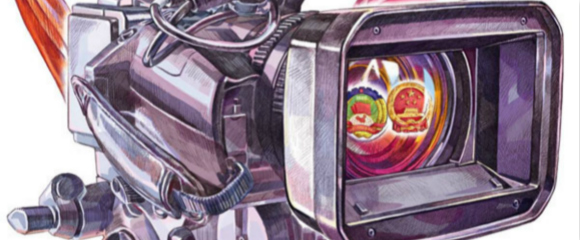
|
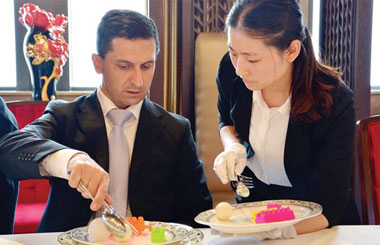
|

|
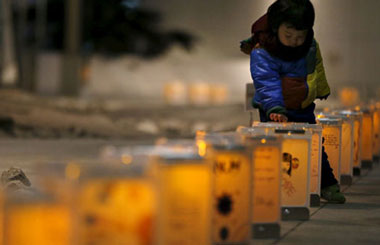
|
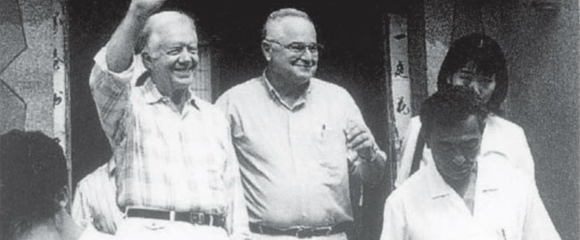
|

|
